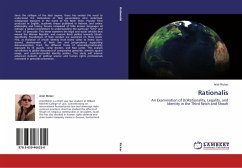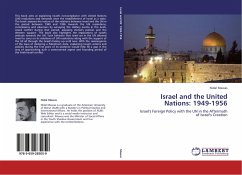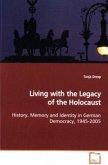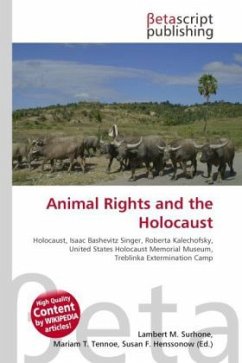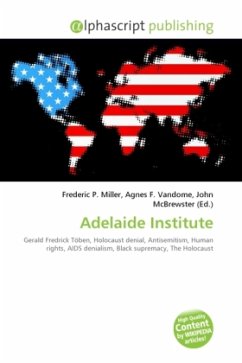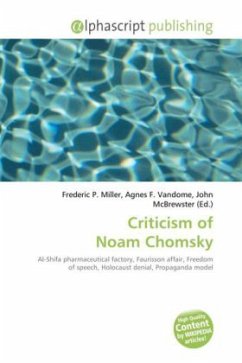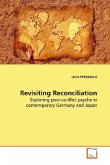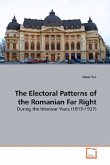Since the collapse of the Nazi regime, there has existed the need to understand the motivations of Nazi genocidaires who undertook widespread massacre in the name of the Reich State. Popular films produced in English, academic theses published in Hebrew, and online philosophy and history forums composed of little known languages all indicate a global commitment to understanding the particular "why" and "how" of genocide. This thesis examines the legal and social vehicles that moved the Weimar Republic, and nascent Reich politics towards Shoah. Specifically, foundations of Nazi conduct are examined on three levels: First, as evolution of Jewish identity from homo viator to homo sacer; second, development of Reich law and jurisprudence supporting dehumanization; third, the different forms of rationality/irrationality espoused by SS guards, camp doctors, and Nazi jurists. This analysis contributes to global discussions of comparative genocide, semiotic square usage, and post-structuralist identity politics. This study will interest advanced students of political science and human rights professionals interested in genocide prevention.

